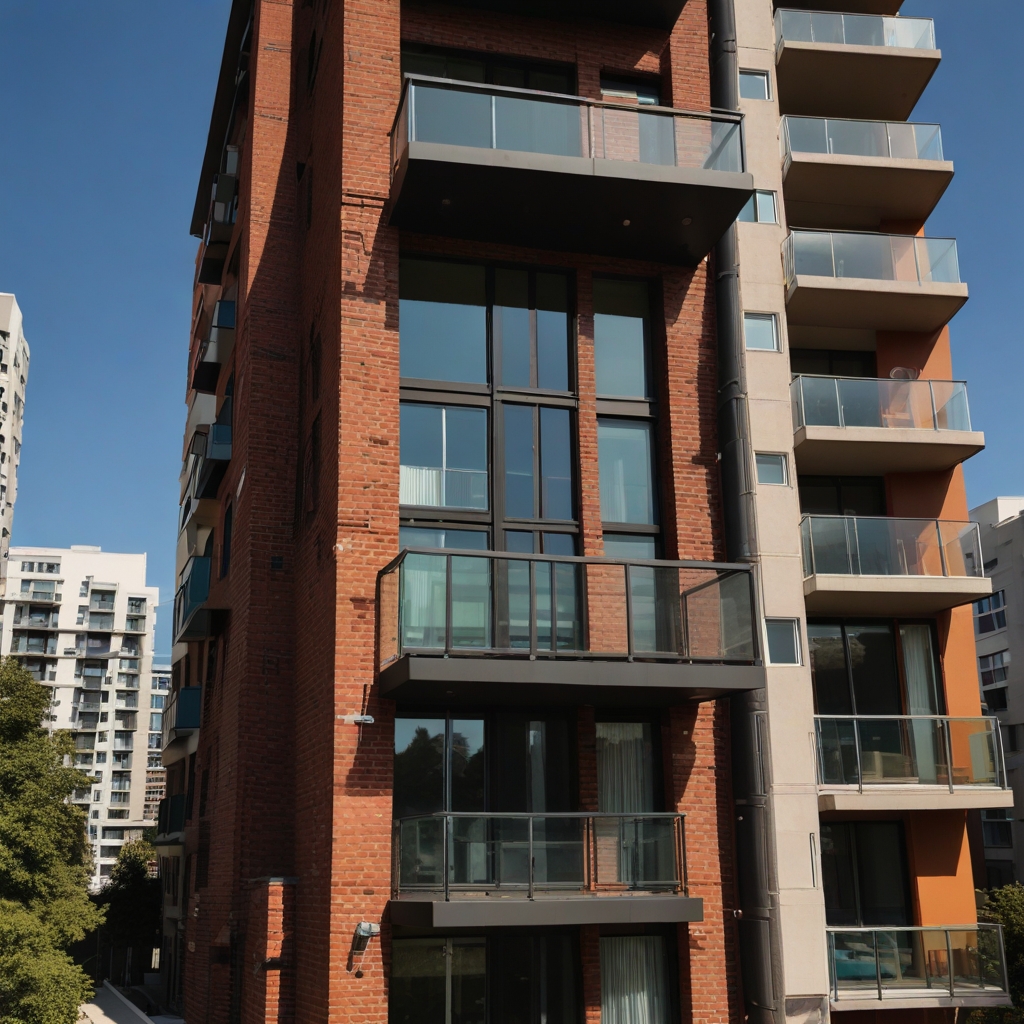
Navigating Legal and Regulatory Considerations for Rentals ensures improved compliance and enhanced performance for landlords and property managers. This careful approach is critical in managing rental properties effectively to avoid legal pitfalls and optimize operations through proper tenant rights protection, ensuring a quality, reliable property management service for tenants.
Recent updates in my city include the increase of security deposit limits and extended notice periods for eviction as of 2023. Landlord-tenant laws and housing regulations in my state change approximately every two to three years, helping provide a better framework for rental agreements and property management compliance. Failing to comply with these laws can result in significant penalties, including heavy fines and legal sanctions, which underline the importance of staying current with these regulations.
The latest revision to property leasing legislation and real estate regulations was implemented in 2022. Over the last decade, there have been five major amendments aimed at increasing transparency and fairness in the leasing process. The average time between these legislative updates is roughly two years, demonstrating a dynamic approach to regulating rental markets effectively.
Fair housing advertisements must not discriminate based on race, color, religion, sex, handicap, familial status, or national origin; this inclusion is a federal mandate under the Fair Housing Act. To ensure the tenant screening process is unbiased, property managers utilize services like SilverHomes.AI tenant screening service, designed to meet regulatory standards efficiently. Non-compliance with fair housing laws can lead to legal actions and hefty fines, emphasizing the need for stringent adherence to these criteria.
There are eight essential guidelines for fair housing advertisements that landlords must follow through proper legal documentation. Annually, approximately 10% of landlords face penalties for non-compliance with these advertising rules. Notably, 18 states have established housing regulations that are stricter than federal law, requiring additional attention from property managers and landlords to avoid legal complications.

| Aspect | Regulation | Compliance | Penalties | Impact on Renters | Impact on Landlords |
|---|---|---|---|---|---|
| Property Safety | Building codes | Regular inspections | Fines | Safe living environment | Maintenance costs |
| Rental Agreements | Tenancy laws | Legal documentation | Legal disputes | Clear terms for tenants | Enforced lease agreements |
| Security Deposits | Deposit laws | Refund procedures | Loss of deposit | Financial protection | Risk for landlords |
| Property Maintenance | Property regulations | Regular upkeep | Renovation costs | Desirable rentals | Increase property value |
| Evictions | Eviction laws | Legal eviction process | Legal fees | Protected rights for tenants | Protection for landlords |
| Rental Discrimination | Anti-discrimination laws | Equal treatment | Lawsuits | Fair housing policies | Legal consequences |
A well-crafted lease agreement through proper legal documentation should clearly outline rent payment schedules, maintenance responsibilities, and lease termination conditions to protect landlord rights. Regularly updating these rental property laws involves reviewing local housing regulations annually to ensure compliance. Clauses that discriminate based on race, gender, or religion are considered illegal and should never be included in lease agreements.
Effective rental contracts typically feature ten to twenty clauses, providing comprehensive coverage of terms and conditions through tenant rights protection. Research shows that approximately 30% of disputes between tenants and landlords arise from ambiguously drafted leases. Property managers can handle up to three revisions of a rental contract before it requires a re-signing to keep all terms clear and updated.
State housing regulations require landlords to handle security deposits with great care, specifying holding methods and permissible deductions through proper legal documentation. Deductions from security deposits must be itemized and justified for damages beyond normal wear and tear. Most states cap the maximum security deposit at one month's rent, ensuring fairness in leasing practices.
The minimum duration to return a deposit after lease termination is typically between 14 to 60 days, depending on state rental property laws. In fifteen states, landlords can charge more than one month's rent for a security deposit. A study indicates that 40% of tenants dispute deductions from their deposits, emphasizing the need for transparent and legal handling of these funds.

The legal process for evicting tenants under rental property laws requires landlords to first provide a formal notice of eviction, then file a lawsuit if the eviction is contested. Documentation required for eviction includes the lease agreement, records of any violations, and proof of eviction notice delivery. If a landlord illegally evicts a tenant, consequences can include fines, legal penalties, and potential damages payable to the tenant. This legal adherence ensures the eviction process is reliable and protects both parties' rights.
Annually, a significant number of eviction cases, running into thousands, make their way to court systems across various jurisdictions under housing regulations. Approximately 30% of eviction notices are disputed by tenants, reflecting a need for clarity and fairness in the eviction process. The average length of the eviction process ranges from 45 to 60 days, depending on the local court's efficiency and the specifics of the case.
Local zoning laws and real estate regulations often dictate the types of activities permissible on a property, significantly affecting rental operations. Residential properties generally have different permitting rules compared to commercial properties, which may require additional inspections or permits. Zoning violations can lead to hefty fines, legal actions, and enforced property modifications, thereby impacting the viability of rental businesses.
Area regulations, including zoning and property management compliance requirements, play a crucial role in shaping the local rental market landscape. Effective compliance with these regulations not only prevents legal complications but also enhances the rental property's appeal to potential tenants. Staying informed and adaptable to these local regulations increases the success and sustainability of rental property investments.